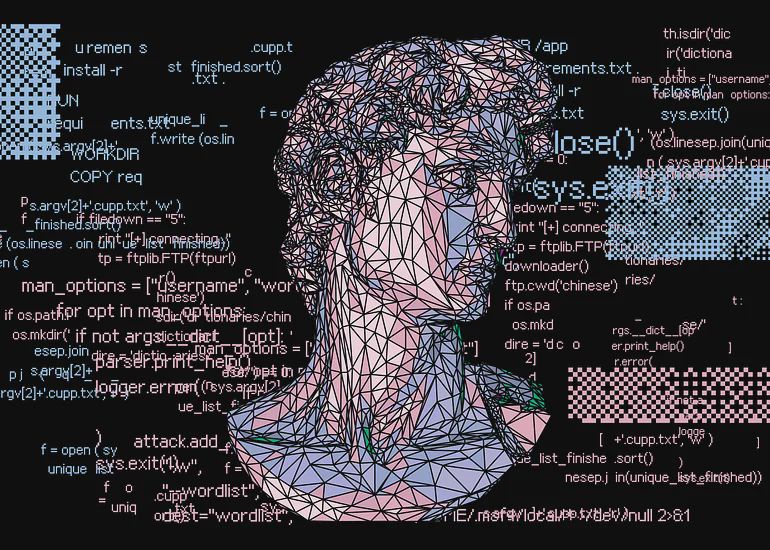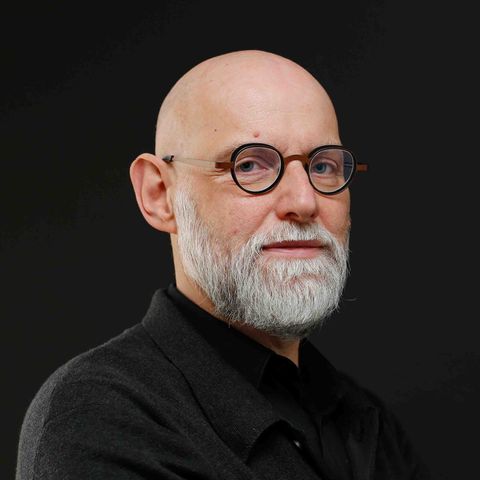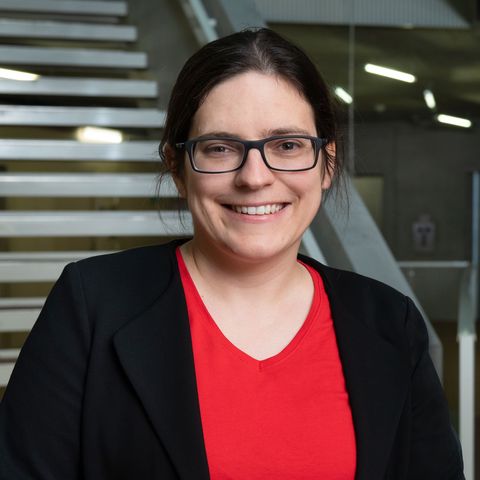CAIML Symposium 2024: AI - What's next?
The 3rd CAIML Symposium will bring together leading experts and enthusiasts in AI to discover the future of the field.

May 6th 2024
- All day event.
- TU Wien, Campus Getreidemarkt Konferenzsaal TUtheSky
-
1060 Vienna, Getreidemarkt 9
Bauteil BA (Hoftrakt), 11. Stock, Raum BA11B09
Building on the momentum and successes of our previous gatherings, CAIML Symposium 2022 and CAIML Symposium 2023, we are excited to announce the upcoming 3rd CAIML Symposium on May 6, 2024. This symposium will bring together leading experts and enthusiasts in the field of Artificial Intelligence and Machine Learning to discuss the latest advancements, challenges, and opportunities. Join us for a day filled with insightful talks, engaging discussions, and networking opportunities that promise to inspire and foster collaboration.
Program
- 10:30 / Welcome Addresses
Jasmin Gründling-Riener, Vice Rector Academic Affairs
Georg Sedlbauer, Federal Ministry for Climate Action, Environment, Energy, Mobility, Innovation and Technology - BMK - Presentation of iCAIML Doctoral College, slides
Presentation of the new iCAIML (Innovative Combinations and Applications of AI and ML) Doctoral College - 12:00 / Lunch Break & Networking
- 13:00 / Cluster of Excellence Bilateral AI
Scientific Talks / Luc de Raedt and Martina Seidl (slides) - 15:30 / Coffee Break
- 16:00 / Panel Discussion / Moderation: Ivona Brandic / Panelists: Kees van Berkel, Julia Neidhardt, Stefan Neumann, Emanuel Sallinger, Milica Vujovic
- 17:00 / Networking
Talks
AI, Fast and Slow
By Martina Seidl
In general awareness, the field of artificial intelligence is closely associated with sub-symbolic AI, especially with machine learning. In almost every aspect of daily life, we currently experience fundamental changes that are triggered by ML technology. This kind of AI is good in processing huge amounts of (statistical) data and, if trained accordingly, make decisions fast and with astonishing adequacy.
In a more silent manner, the symbolic branch of AI also has a strong influence on the modern world. Symbolic techniques play an important role in building correct hardware and software systems whose complexity would not be manageable without them and they are applied to solve complex planning, scheduling, and configuration problems.
In this talk, we show some prominent applications of symbolic AI and explain the underlying solving approaches with focus on SAT solving. We also argue that building broader AI systems as possible today is only possible by combining the best of symbolic and sub-symbolic AI.
Learning and Reasoning for Trustworthy AI
By Luc De Raedt
The abilities to learn and to reason are central to (artificial) intelligence. The focus in AI today is very much on learning, but one should not learn what one already knows. The challenge therefore is to use the avaible knowledge to guide and constrain the learning, and to reason with the resulting models in a trustworthy manner. This requires the integration of different paradigms for AI (such as logic, probability and neural networks), which is the focus of neurosymbolic AI, often viewed as the next wave in AI.
The talk will contrast traditional AI techniques (such as search and rule-based AI) with those of deep learning and large language models. I will argue that we need to combine the best of both worlds to arrive at trustworthy AI, especially AI that exploits knowledge, provides genuine explanations and guarantees with regard to safety and robustness.
The view of Neurosymbolic AI as Logic + Probability + Neural Networks, will allow me to specify a high-level recipe for developing neurosymbolic AI approaches: start from a logic, add a probabilistic interpretation, and then turn neural networks into ’neural predicates’. Probability is interpreted broadly here, and is necessary to provide a quantitative and differentiable component to the logic. At the semantic and the computation level, one can then combine logical circuits (aka proof structures) labeled with probability, and neural networks in computation graphs.
Speakers
Luc De Raedt, KU Leuven

Prof. Dr. Luc De Raedt is Director of Leuven.AI, the KU Leuven Institute for AI, full professor of Computer Science at KU Leuven, and guest professor at Örebro University (Sweden) at the Center for Applied Autonomous Sensor Systems in the Wallenberg AI, Autonomous Systems and Software Program. He is working on the integration of machine learning and machine reasoning techniques, also known under the term neurosymbolic AI. He has (co-)chaired the main European and International Machine Learning and Artificial Intelligence conferences (IJCAI, ECAI, ICML and ECMLPKDD) and is a fellow or EurAI, AAAI and ELLIS. He received an ERC Advanced Grant in 2015 (and was just selected for a second one).
Martina Seidl, JKU Linz

Martina Seidl is head of the Institute for Symbolic Artificial Intelligence at the Johannes Kepler University (JKU) in Linz, Austria. She obtained her PhD from the Vienna Technical University and her habilitation in computer science from JKU. Before becoming a full professor, she was associate professor at the Institute for Formal Models and Verification at JKU. Her research focuses on symbolic reasoning techniques with special emphasis on quantified Boolean formulas and applications in formal verification and symbolic artificial intelligence.

